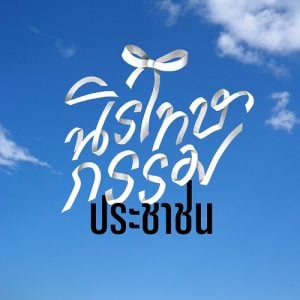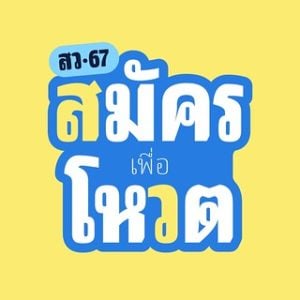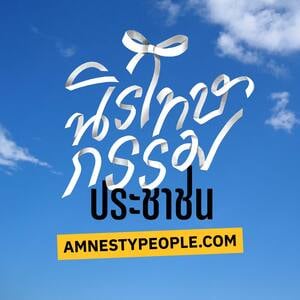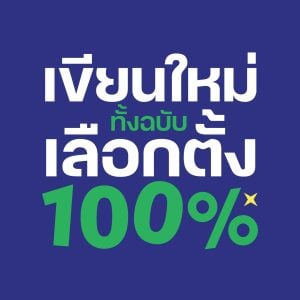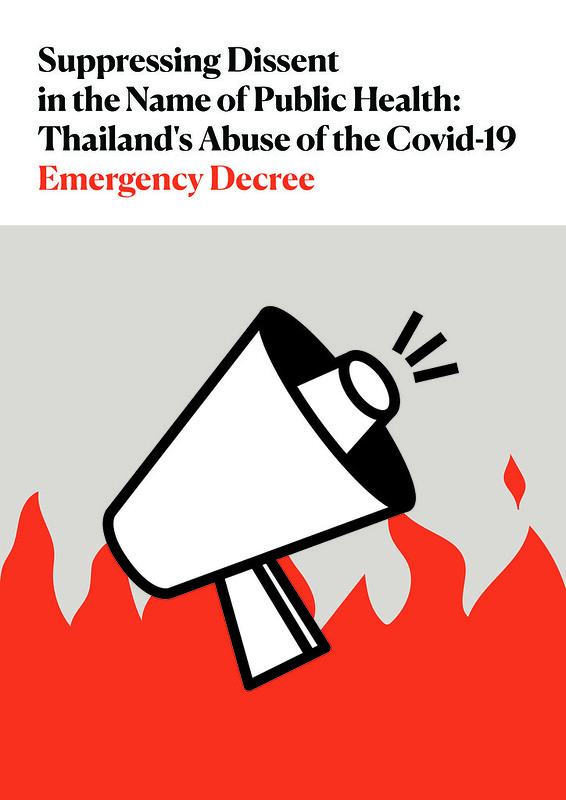
Executive Summary
In 2020, the democratic movement in Thailand experienced a significant surge as the younger generation participated in ‘leaderless’ demonstrations across the nation, advocating for the restoration of power to the people. However, this period coincided with the emergence of the COVID-19 pandemic, posing a considerable obstacle to public gatherings. In response to this dual challenge, the government invoked the Emergency Decree on Public Administration in Emergency Situations (the ‘Emergency Decree’), to ban and penalize any form of protests.
Nevertheless, 2021 saw an unprecedented numbers of protests in Thailand, resulting in hundreds of prosecutions of protesters. A majority of those arrested have been accused of violating Regulations issued under the Emergency Decree. Many who have been charged were peaceful protesters, or petitioners simply making requests around desired policy changes.
Thailand’s supposed COVID-19-related state of emergency lasted from 26 March 2020 until 30 September 2022, approximately two and a half years. Under the Emergency Decree, Prayuth Chan-o-cha, the former military leader and coup orchestrator, centralized power from government ministries under his coalition parties, relegated power to top brass, and gave a ‘green light’ to police to violently crackdown on demonstrators. Enjoying impunity, he issued regulations to provide legal cover for authorities to exercise power without being accountable for violating the law.
After the end of the COVID-19 pandemic, the democracy movement waned. This was partly because so many protest and youth leaders had been arrested under the Emergency Decree and other regulations. Even after the end of the protests and the pandemic, over 1,400 protest leaders and other demonstrators remain saddled with charges, in some cases as many as 10-20 charges each. Despite the government’s decision to lift the state of emergency, these cases continue. They have burdened hundreds of people who merely exercised their freedoms of expression and assembly. Now, these individuals must attend trials that disrupt their life and cause significant financial and practical burdens, while creating an unnecessary strain on the judicial system.
While some cases have been dismissed by the courts on the grounds of freedom of assembly and others have seen prosecutors decide not to indict charged individuals, the caseload remain high. Defendant lawyers are overwhelmed while hundreds of defendants have been sentenced to jail time and fined for merely assembling peacefully.
Under these circumstances, there are legal solutions that may appropriately resolve these cases and restore the right to free assembly and other civic freedoms to the Thai people. However, the new government has yet to be clear on its stance, and is at risk of forgetting the plight and cases of at least 1,469 defendants. It is imperative that the new government, and future Thai leaders, protect the freedom of assembly and do not abuse emergency legislation to restrict civic freedoms.
Recommendations
Laws designed to curb an outbreak should never be used to violate the freedom of assembly and prosecute peaceful protesters. Unfortunately, this is precisely what has happened under the administration of General Prayut Chan-o-cha, who rose to power via a military takeover and illegitimately retained his post. In this legally hostile environment, the government has regularly used both the Emergency Decree and the preceding Order and Announcement of the National Council for Peace and Order (NCPO) to curtail the freedom of assembly.
There currently exist legal, legitimate avenues to end the unjust prosecution of people exercising their right to peaceful assembly. As part of its lifting of the state of emergency, the government should have issued a final regulation annulling all prior Regulations, Announcements, and Orders on the basis of the pandemic’s end.
Unfortunately, in the Regulation issued on 29 September 2022, Prayut only ordered that all the Regulations, Announcements, and Orders would cease being enforced in the future, but failed to negate their retroactive effect, thereby allowing cases to continue. In practice, therefore, police, prosecutors, and courts have continued to pursue cases brought on the basis of the Emergency Decree, even though the Decree itself is no longer in effect.
According to the current legal system, there are four ways to stop these prosecutions:
- Judicial actors could end the prosecution themselves: Prosecutors have the authority to indict or not indict in cases in which prosecution is not in the public interest. The court could also dismiss or dispose of cases without considering the details, if the cases are considered burdensome to all parties. Lastly, the court could rule that the Regulations or Announcements issued under the Emergency Decree are illegal and thereby end all the cases.
- The new administration could issue a Cabinet Resolution to reaffirm its commitment to end cases brought under the Emergency Decree. A Cabinet Resolution is equal in hierarchy to the Regulations issued under the Emergency Decree. While it may not have legal effect, such a Cabinet Resolution could encourage the police and prosecutors to not indict charged individuals, which would reduce the number of cases stuck in the investigation process by about a third.
- The new parliament could pass an amnesty bill, already discussed several times among parliamentarians, to stop all prosecutions stemming from prior protests. While it is mutually agreed across parties that prosecutions under the Emergency Decree should be stopped, disagreement over whether the amnesty would also include those charged under Section 112 (lese majeste/royal defamation) has kept the bill from progressing.
- The new parliament could amend or repeal the Emergency Decree, specifically Section 9 which grants the prime minister authority to issue Regulations on assembly and Section 18, stipulating penalties for violations. If the existing legislation is amended or repealed, the ongoing cases would be dismissed. While there have been proposals to replace the Emergency Decree with an Act, the parliament has yet to approve any of them.
Judicial actors, the cabinet, or the parliament all have the authority to stop prosecutions under the Emergency Decree. All four channels could be exercised simultaneously, while even one could sufficiently alleviate the legal burden of those exercising their right to freedom of assembly. Such action would be an important step in protecting the right to free expression and freedom of peaceful assembly, and ensuring Thailand’s compliance with its international legal obligations.
ไฟล์แนบ
- Emergency-Report-EN (3 MB)



